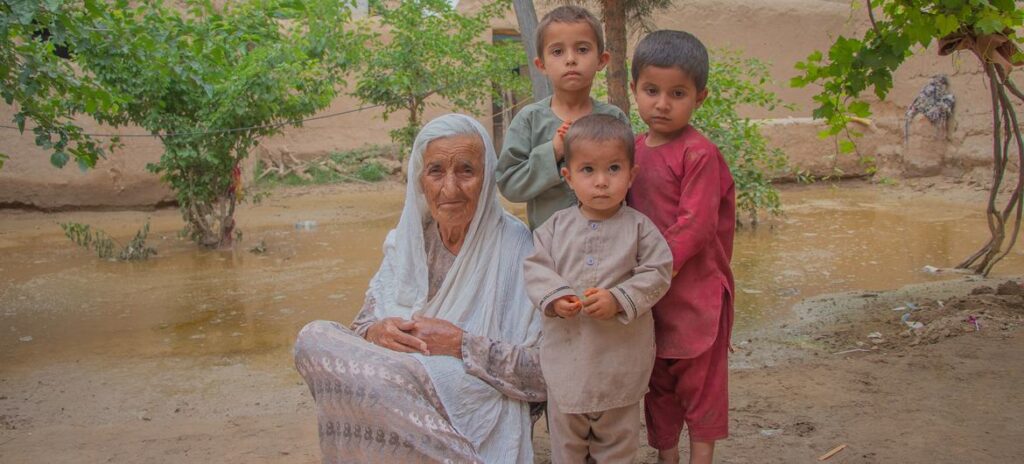
The latest floods in Afghanistan killed around 350 people, including dozens of children more than 7,800 homes damaged, displacing more than 5,000 families.
UNICEF has since provided safe water, hygiene kits with soap, toothbrushes and more to communities in Afghanistan. The children’s fund also organized hygiene sessions to educate citizens on handwashing and safe water storage during the natural disaster.
Dr. Tajudeen Oyewale, UNICEF Representative in Afghanistan said that international communities “double the efforts and investments to support communities in mitigating and adapting to the impact of climate change on children.”
UNICEF has also supported civilians in Afghanistan by providing cash assistance to help families meet their basic needs and deploying health and nutrition teams to treat the injured and sick. The agency also distributed warm clothing, blankets and household items to families who had lost belongings.
Intensifying the climate crisis
UNICEF reports that the recent flash floods in Afghanistan reveal an “intensifying climate crisis” that is “increasing in frequency and severity” and causing loss of lives, livelihoods and damaged infrastructure.
Dr. Oyewale said UNICEF and members of the humanitarian community must prepare for a “new reality of climate-related disasters.”
“The growing number and severity of extreme weather events will require UNICEF and other humanitarian actors to intervene with even faster and larger-scale humanitarian responses” she said. “But this can only be possible with strengthened preparedness measures, such as greater pre-positioning of emergency supplies and improved coordination with partners.”
She also said UNICEF should focus on helping communities adapt to climate and environmental shocks to reduce citizens’ dependence on humanitarian aid.
Climate risk index for children
UNICEF says Afghanistan ranks 15th out of 163 countries on the 2021 Children’s Climate Risk Index, meaning children there are particularly vulnerable to the impacts of climate and environmental shocks. However, it is said that Afghanistan is one of the countries least responsible for creating climate problems.
Dr. Oyewale said heavy rains should not cause disaster for children in Afghanistan.
“We must prioritize children’s unique needs in decision-making and meeting these needs now to protect children from future disasters while investing in the basic services they depend on,” she said.







